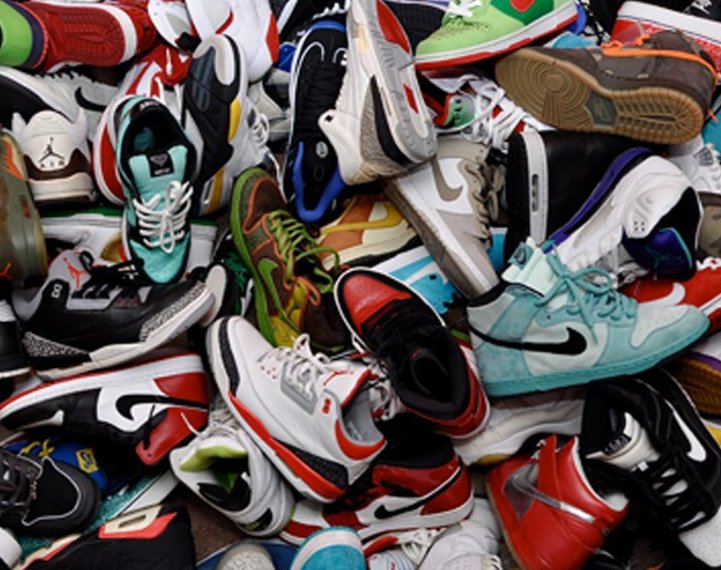The National Federation of Leather Goods and Footwear has recently called on the authorities to intervene urgently to come to the aid of the sector, while the Federation denounces the informal import, informal trade and sale of second hand shoes, while the landlords crush entrepreneurs operating legally under the helpless gaze of the authorities [Les rentiers signent l'arrêt de mort de l'industrie du cuir et chaussures en Tunisie – TN].
The appeal was launched during a meeting organized by the Federation at the headquarters of the Tunisian Union of Industry, Trade and Crafts (UTICA), chaired by Akrem Belhaj.
During this meeting, members of the Federation's board of directors denounced the informal import, parallel trade and sale of used shoes, pointing out that these activities are out of control.
They also deplore the shortage of raw materials and the increase in their prices, which has had a major impact on the sector. According to the Federation, this situation has even led to an increase in indebtedness among artisans and small and medium-sized enterprises operating in the sector.
Industry professionals also say that the coronavirus crisis has dealt the final blow to the Leather and Footwear Industries (ICC) sector, which is already struggling due to financial problems and lack of adequate measures.
They warn that the continuation of this momentum will lead companies operating in the sector to go out of business.
According to data from the National Center for Leather Goods and Footwear (CNCC), the sector has 224 companies, 7% of which have already ceased activity, with a loss of between 5 and 8,000 jobs. Similarly, the number of artisans has decreased from 15,000 before 2011 to only 3,000 today due to the repercussions of Covid-19 and lack of visibility.
Also according to the CNCC, the demand for shoes of local consumers is estimated at an annual average of almost 40 million pairs per year, knowing that local production covers only 47% of the market, of which 30% is artisanal and 17% industrial production.
According to the results of a survey prepared by the CNCC on the impact of the coronavirus pandemic on the situation of companies in the sector, almost 80% of local demand is met by imports, of which 65% comes from illegal imports and the marketing of used shoes.
This proportion illustrates, in his opinion, the harmful impact of the informal circuit and explains the serious repercussions of this scourge on the sector in terms of business closures and job losses.
To remedy the current situation in the sector, professionals are calling for the suspension of legal proceedings against companies and craftsmen indebted with the banks. It is also a question of intervening with the competent authorities to restructure these debts with exemption from the payment of periodic penalties.
They called for strict enforcement of the law prohibiting the import and marketing of used shoes, and also called for ensuring the functioning of regional commissions responsible for controlling illegal imports, as well as strengthening import technical control operations and subjecting imports of footwear to specifications such as medical items, tires, furniture and ceramics.
Meanwhile, the landlords continue the destruction of the sector and crush the professionals who operate in formality under the helpless gaze of the authorities.


